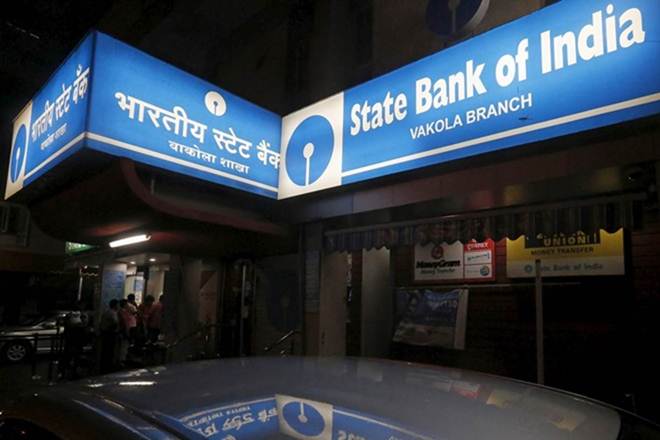By Ankur Mishra
State Bank of India (SBI), the country’s largest lender, may not be willing to give a moratorium to non-banking financial companies (NBFCs) under the Reserve Bank of India’s (RBI’s) Covid-19 relief package, but it has decided to help the sector by providing special loans of Rs 50-200 crore for a tenure of up to five years, sources close to development told FE.
“Under the scheme, SBI will provide fresh loans to NBFCs to bridge requirements arising in next few months,” the source said. According to PRIME Database, NBFCs need to make `60,634-crore payment for non-convertible debentures (NCDs) and commercial papers (CPs) maturing between April and May 2020. The maximum tenure of the loans provided to NBFCs by SBI will be five years, however, this would be decided on a case-to-case basis.
FE learned that SBI took the decision to provide fresh loans to NBFCs in a risk committee meeting held on Wednesday. “NBFCs asked for a short-term aid by providing moratorium on their payments, but we believe providing fresh loan is a better solution for fixing the problem,” the source further added. The RBI on March 27 announced a moratorium on loan payments for three months from March 1, 2020.
However, many banks, including SBI, did not include NBFCs for providing moratorium relief to them. According to a Crisil report, NBFCs are likely to face liquidity challenges due to lack of clarity on the applicability of the RBI’s moratorium on their bank loans and poor collection due to the lockdown.
NBFCs face a double whammy because they are offering moratorium to customers despite not getting one themselves from their lender banks, as per Crisil. Other banks are likely to follow SBI in providing fresh loan to NBFCs. The Indian Banks’ Association is likely to discuss issues related to NBFC in its meeting on April 18. The Finance Industry Development Council (FIDC), the industry body of NBFCs, had written to the RBI seeking permission for one-time restructuring of loans availed by businesses and individuals, who may be facing cash flow problems.

